After lengthy discussions, the Environment Council under the Swedish Presidency adopted today its position on the revision of the Industrial Emissions Directive (IED) including a section on agriculture. For Copa and Cogeca, the compromise reached by Member States is far from being sufficient, leaving a lot of grey areas. At least, the heated debates surrounding the negotiations brought clarity on one point: the threshold approach proposed initially by the European Commission is primarily political, punitive and will have unanticipated consequences when applied on-farm.
Since its launch by the Commission in April 2022, the wider inclusion of livestock sectors under the scope of the Industrial Emissions Directive has raised much criticism. Considering hundreds of thousands of family farms under the “industrial facilities” label already showed an unacceptable bias of this proposal.
In addition, in recent weeks, the figures supporting the impact assessment, which gave the European Commission legitimacy for the proposed threshold, have been seriously questioned. The European Commissioner for Agriculture himself acknowledged the shortcomings of this study in a recent hearing[1]! At this point, should one start talking rather about the agriculture IDD – “Industrial Disaster Directive”?
The approach adopted by the European Commission on this revision will have many consequences that are currently poorly assessed in an EU public debate trapped in the definition of thresholds under which farms will fall under the scope of the IED. This is how to understand the increasing hesitation that led the Environment Council to propose new thresholds of 350 LSU for cattle, pigs, and mixed farms and 280 LSU for poultry. Copa and Cogeca reject these targets.
Besides this discussion on the threshold, we regret that the Environment Council has not fully clarified its position on critical points which will make it an administrative headache if adopted as such. This is particularly the case of the maintenance of the aggregation rule, which englobes unclear concepts of “close to each other” and “engaged in an economic or legal relationship” threatening the cooperatives business model. Similar concerns apply to public scrutiny elements of the text. The Environment Council’s position maintains the possibility of disclosing confidential business information for environmental management systems that would basically make public personal information about farmers and their families as other private information.
Following the Environment Council’s position, Copa and Cogeca solemnly call on members of the European Parliament, in particular members of the Committee on Agriculture and Environment, to send a strong message to protect this strategic sector for the EU. It requests time, pragmatic answers, and support to continue its ongoing transitions and in any case deserves better than dogmatism and ideology!
Artigo publicado originalmente em Copa Cogeca.



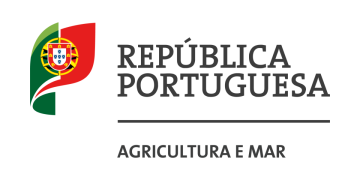


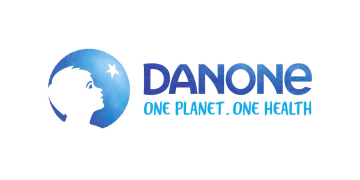
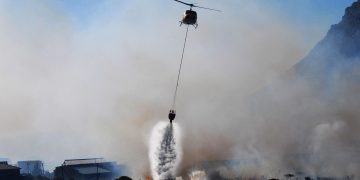
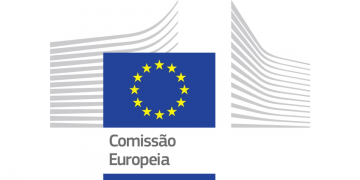
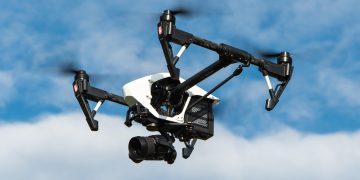











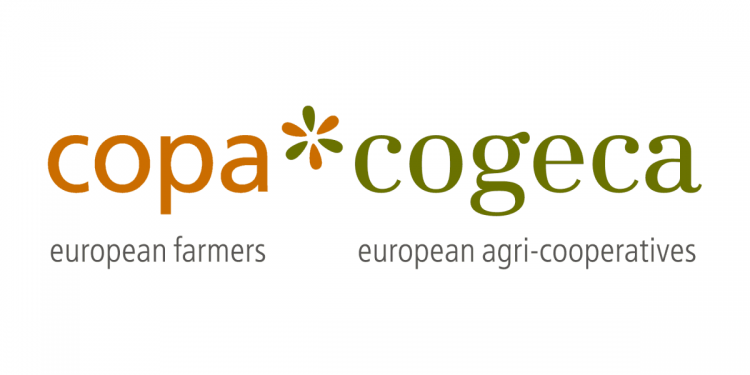
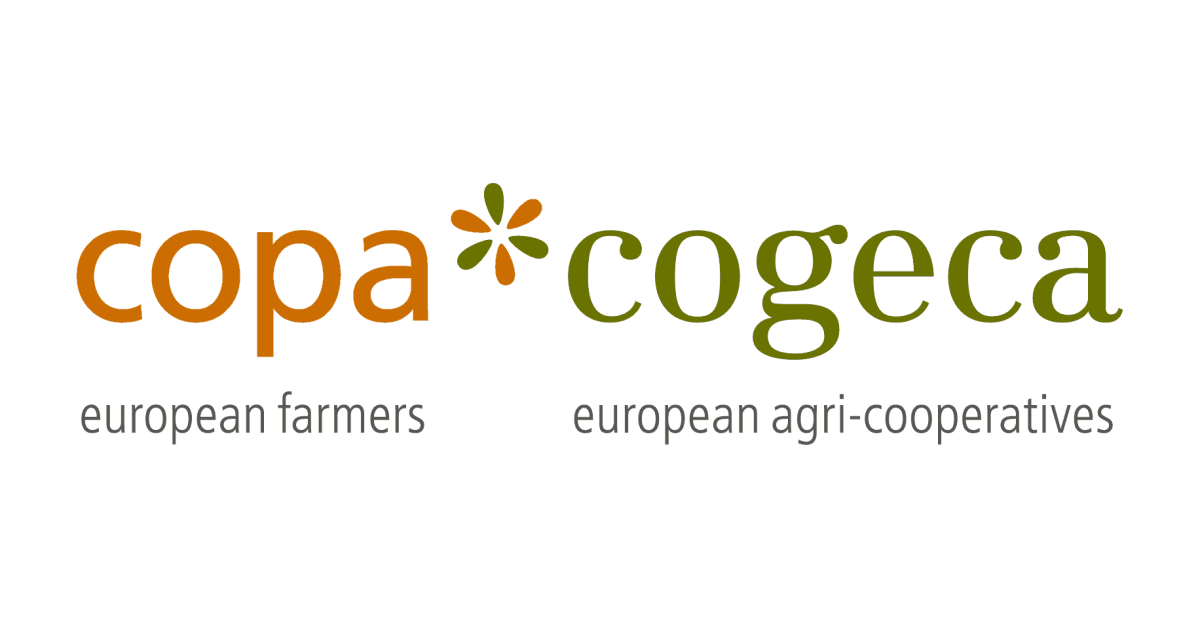


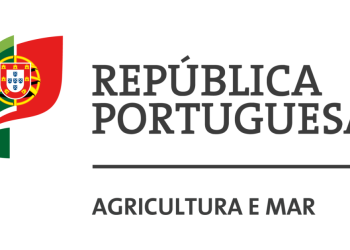




























Discussão sobre este post